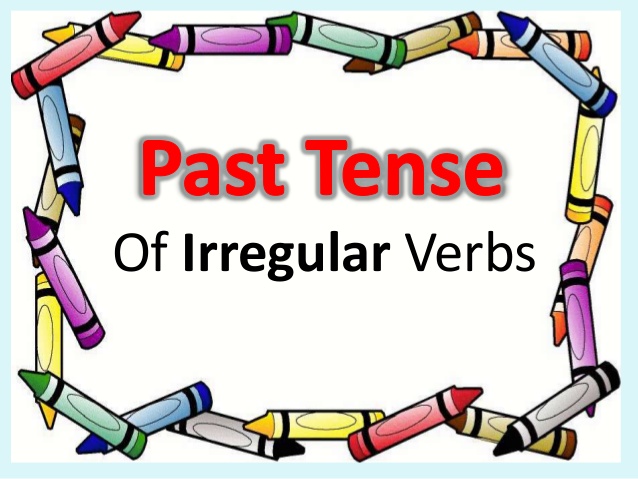active voice
In the active voice, the subject of the verb does the action (eg They killed the President). See also Passive Voice.
adjective
A word like big, red, easy, French etc. An adjective describes a noun or pronoun.
adverb
A word like slowly, quietly, well, often etc. An adverb modifies a verb.
article
The "indefinite" articles are a and an. The "definite article" is the.
auxiliary verb
A verb that is used with a main verb. Be, do and have are auxiliary verbs. Can, may, must etc are modal auxiliary verbs.
clause
A group of words containing a subject and its verb (for example: It was late when he arrived).
conjunction
A word used to connect words, phrases and clauses (for example: and, but, if).
infinitive
The basic form of a verb as in to work or work.
interjection
An exclamation inserted into an utterance without grammatical connection (for example: oh!, ah!, ouch!, well!).
modal verb
An auxiliary verb like can, may, must etc that modifies the main verb and expresses possibility, probability etc. It is also called "modal auxiliary verb".
noun
A word like table, dog, teacher, America etc. A noun is the name of an object, concept, person or place. A "concrete noun" is something you can see or touch like a person or car. An "abstract noun" is something that you cannot see or touch like a decision or happiness. A "countable noun" is something that you can count (for example: bottle, song, dollar). An "uncountable noun" is something that you cannot count (for example: water, music, money).
object
In the active voice, a noun or its equivalent that receives the action of the verb. In the passive voice, a noun or its equivalent that does the action of the verb.
participle
The -ing and -ed forms of verbs. The -ing form is called the "present participle". The -ed form is called the "past participle" (for irregular verbs, this is column 3).
part of speech
One of the eight classes of word in English - noun, verb, adjective, adverb, pronoun, preposition, conjunction and interjection.
Passive voice
In the passive voice, the subject receives the action of the verb (eg The President was killed). See also Active Voice.
phrase
A group of words not containing a subject and its verb (eg on the table, the girl in a red dress).
predicate
Each sentence contains (or implies) two parts: a subject and a predicate. The predicate is what is said about the subject.
preposition
A word like at, to, in, over etc. Prepositions usually come before a noun and give information about things like time, place and direction.
pronoun
A word like I, me, you, he, him, it etc. A pronoun replaces a noun.
sentence
A group of words that express a thought. A sentence conveys a statement, question, exclamation or command. A sentence contains or implies a subject and a predicate. In simple terms, a sentence must contain a verb and (usually) a subject. A sentence starts with a capital letter and ends with a full stop (.), question mark (?) or exclamation mark (!).
subject
Every sentence contains (or implies) two parts: a subject and a predicate. The subject is the main noun (or equivalent) in a sentence about which something is said.
tense
The form of a verb that shows us when the action or state happens (past, present or future). Note that the name of a tense is not always a guide to when the action happens. The "present continuous tense", for example, can be used to talk about the present or the future.
verb
A word like (to) work, (to) love, (to) begin. A verb describes an action or state.
active voice In the active voice, the subject of the verb does the action (eg They killed the President). See also Passive Voice. adjecti...




































